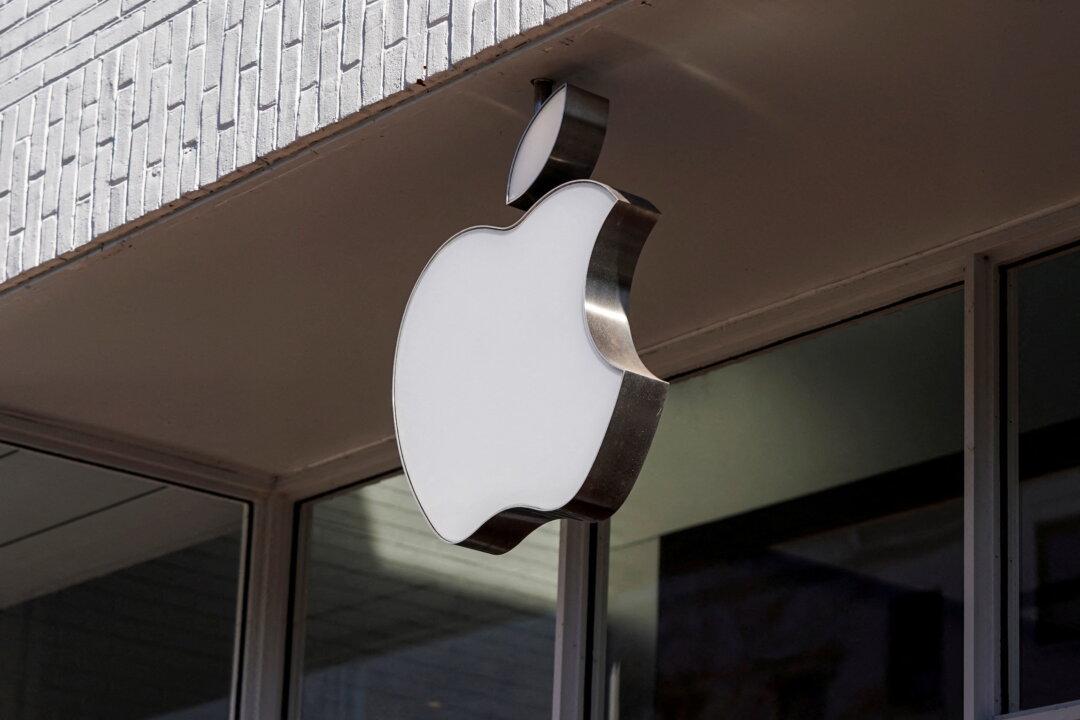A U.S. appeals court on Friday rejected a jury verdict ordering Apple Inc. and Broadcom Inc. to pay $1.1 billion to the California Institute of Technology for infringing its Wi-Fi technology patents, and ordered a new trial on damages.
The U.S. Court of Appeals for the Federal Circuit said the January 2020 award by the federal jury in Los Angeles, one of the largest ever in patent cases, was “legally unsupportable.”





